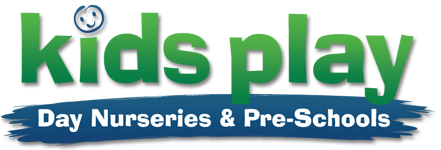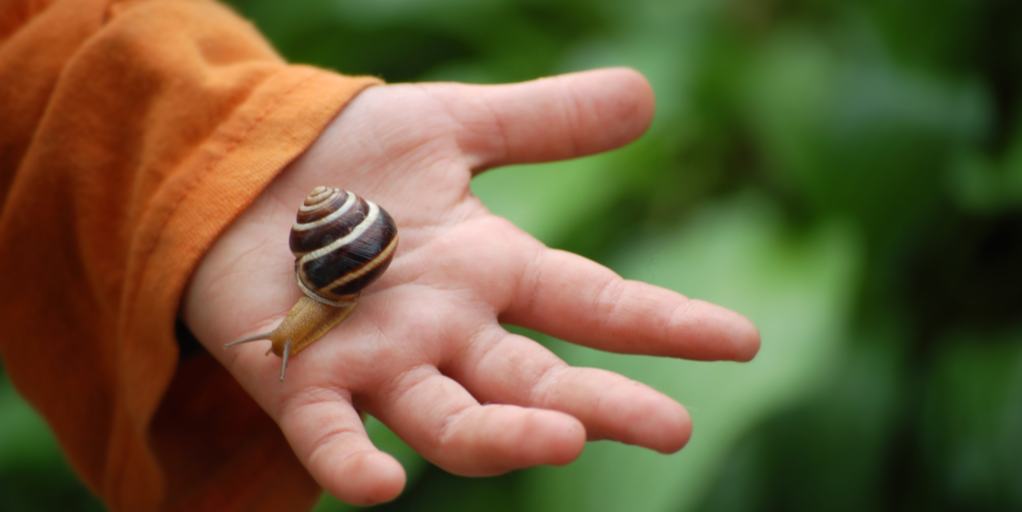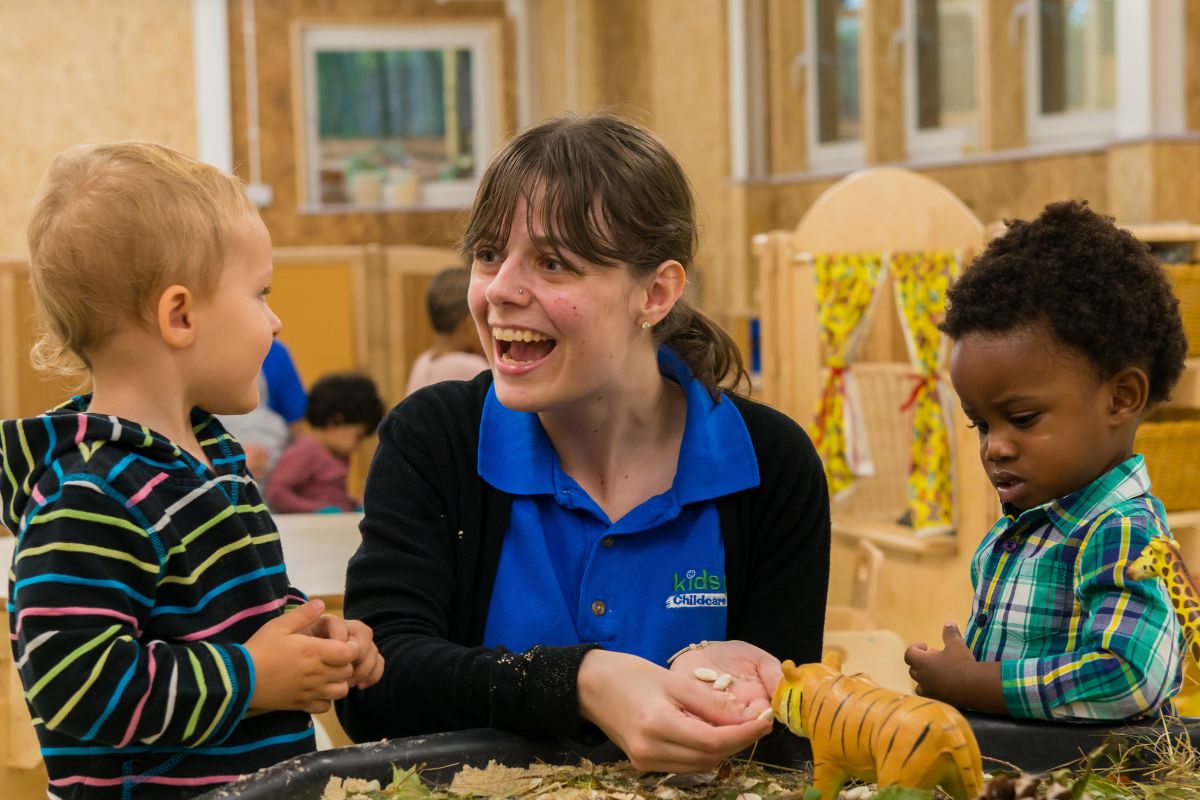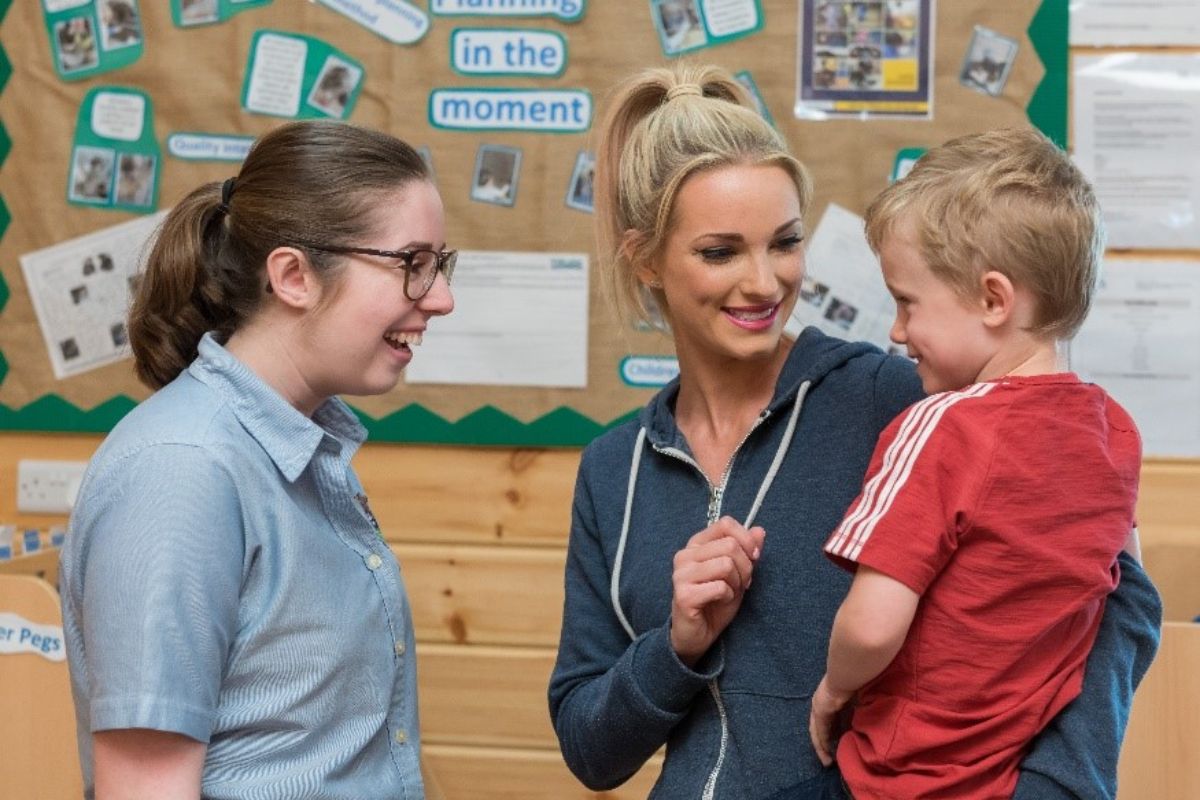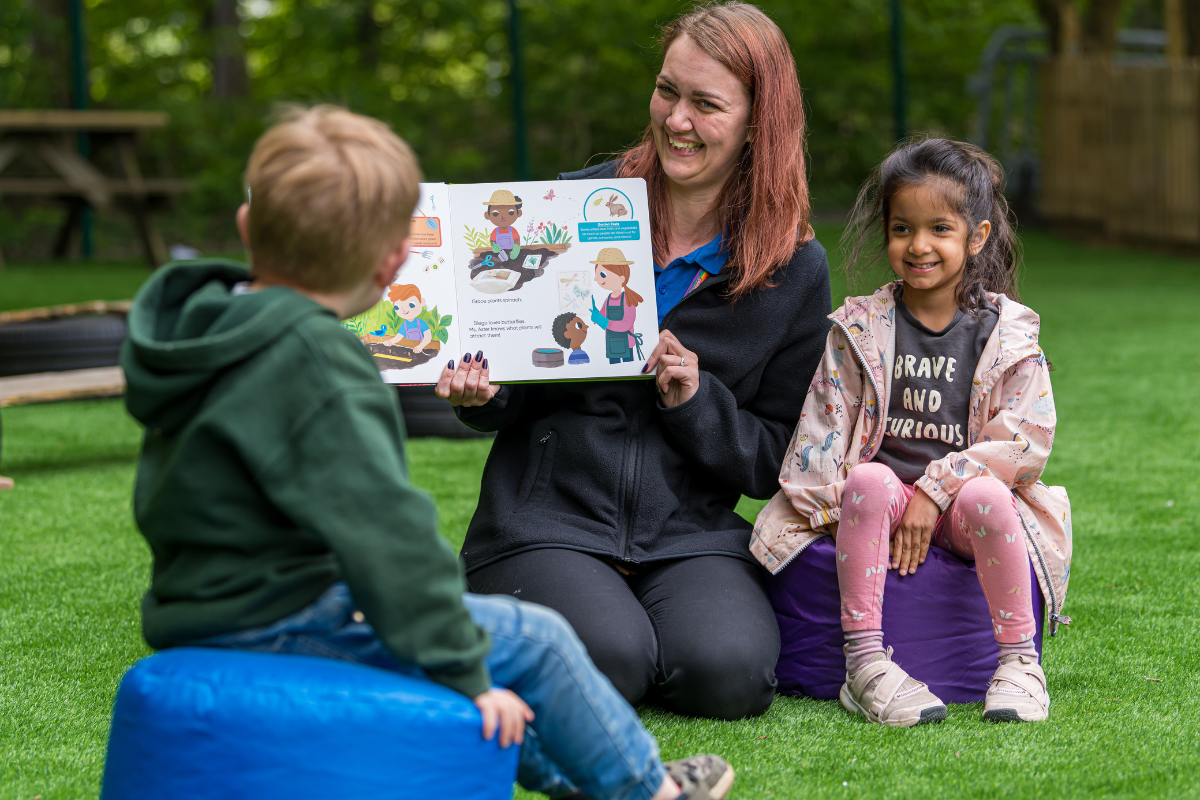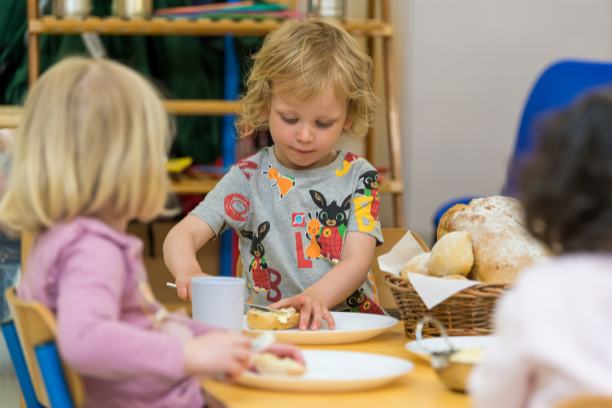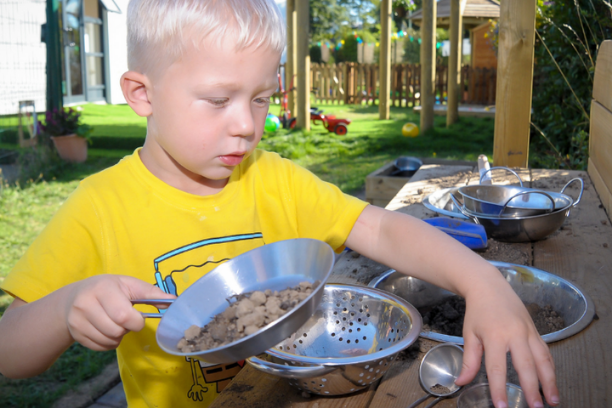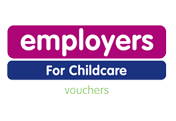9 Benefits of Playtime: Why Play Matters
In 2013, the United Nations Conventions on the rights of the Child (UNCRC, Article 31,1989) even recognised that it is a child’s right to be able to engage in age appropriate play.
Below are 9 critically important life skills our children can learn or improve upon when they are given the opportunity to play.
1. Play encourages investigation and feeds children’s curiosity
We are all born learners and we often talk about children and babies ‘absorbing’ all of the information around them like ‘sponges’.
Play gives children the opportunity to explore and investigate new sensory stimulus and feeds their natural curiosity about the world.
2. Play gives children the skills to negotiate and solve problems
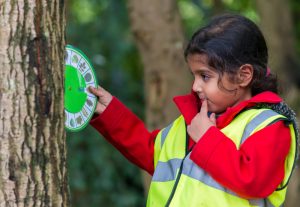 Play helps children to learn how to negotiate and encourages them to learn to problem solve in a natural and fun way. Games help children make decisions and rationalise options.
Play helps children to learn how to negotiate and encourages them to learn to problem solve in a natural and fun way. Games help children make decisions and rationalise options.
3. Children learn to play cooperatively and to share resources
Psychologists have found that playful children are more cooperative and popular with their peers than those who play less often, they are also more emotionally self-controlled.
Through play, children also recognise emotions and feelings, such as fear, and how to manage them.
Children learn how to communicate and express themselves successfully. Unstructured play with siblings, friends and carers is a chance for children to learn social skills and a great way to bond with others.
4. Play develops physical skills
Babies will learn to recognise voices, different materials through touch and various smells.
Whilst older children practise and develop their fine and gross motor skills, reflexes, flexibility and balance.
5. Child-led play supports cognitive development and creativity
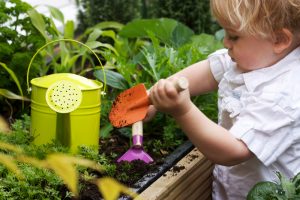
Children should be encouraged to take the lead. Making their own play choices helps to encourage concentration, the ability to stay on task, purpose and determination.
Unstructured, free-play tasks, such as playing with mud kitchens will help to boost creative skills in children.
6. Play assists well being and good physical health
Outdoor play is a necessary disruption from ‘screen time’ and encourages a healthy, active lifestyle, preventing obesity, diabetes and high cholesterol in later life.
The chance to run, jump, slide, swing and climb means that children become more physically fit and healthy.
7. Play supports communication skills, including mark making and emergent writing
In addition to building verbal communication skills with their peers and adults through play, young children love to explore and experiment with mark making, be it with chalk, pencil and paper or paintbrush.
Mark making as part of play is an important step towards learning how to write or draw.
8. Play encourages a ‘can do’ approach and positive feelings of self worth
When children take risks and successfully overcome physical and emotional challenges at playtime, they become more self-confident and have higher self-esteem.
9. Promotes understanding of the wider world and empathy towards others
Role playing helps children to understand the viewpoints of others and to feel empathy.
Psychologists believe that the complexity of a child’s role playing at a young age is an early indicator of their ability to socialise successfully as they grow older.
Play also continues to be beneficial to us well into adulthood. When we spend time practising sports, going to the cinema, reading books and enjoying quality time with family and friends, it helps us to relax and have fun while stimulating and teaching us at the same time.
More information:
https://www.tandfonline.com/doi/abs/10.1080/03004430212722#.VTMeJSFViko
http://www.unicef.org.uk/wp-content/uploads/2010/05/UNCRC_united_nations_convention_on_the_rights_of_the_child.pdf
http://www.playengland.org.uk/about-us/why-play-is-important/
